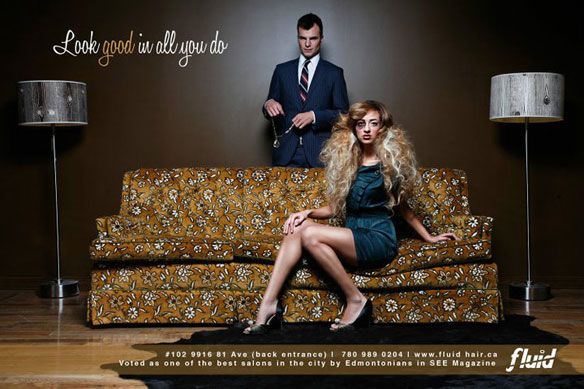This comment below stopped me, felt more slimy than the others.
Is it not "How to Rape 101" by another name?
___________________________________________________
Here is a copy of the text, I have highlighted for emphasis:
Toronto is a dump. I’ve been living there for 25 years and it’s just gotten worst and worst. The last couple years I’ve been saving up to get out for good. The city is irredeemable. The women here are fat, obnoxious, and think they are hot shit when in reality they are mostly 5s and under(i’m being generous). It is however possible to pick-up women in Toronto you just need to be extremely savvy (especially if you want 7s and up). The most important thing here is to neutralize her bitch-shield and every possible cockblock you face and believe me, you will face many a whole lot of fucking cockblocks in Toronto. Get to the bars early as you don’t have a lot of time. Women don’t go out alone in T.O. at night. Or better yet, go fucking tactical and scope out a group with talent. Wait for someone to break off the group (could be a man, doesn’t matter) and chat them up. Make as quick a connection as you can with them and follow them back to their group. Now don’t try to become involved in the group’s conversation but instead focus on whoever you were first talking to. Slowly involve yourself in the conversation. Ideally you want them to think you are a friend of the person you came back with. Slowly win over the group members closest to you and infect the rest of the group slowly with those feelings of inclusion. Then game as usual.
If you can neutralize the group your chances go up significantly.
Also note that most T.O. girls have boyfriends (not that it matters) and they will bring it up.
Weeknights are key to getting quality here but again you will be facing groups. The best game to run is day-game. You can find many pretty girls out and about in North York, Yonge & Eglinton, Downtown (Union Station to Bloor) as well as some lesser known areas like Eglinton & Bathurst. The best place though is probably UofT St. George campus from spring to fall. Tons of young girls around who are naturally isolating traveling from class to class or reading outside.
Most girls here are not worth a LTR but it is possible to keep a harem of 4-5 girls who are 7 up in rotation with proper game.
If you’re living here or visiting location is key and the city is not very centralized and you can easily loose bangs if you’re staying too far from the bar.
Numbers here are worth the paper they are written on.
It’s very much a hook-up culture, more akin to a college campus than a cultured city.
It is cold about 5 months out of the year and that is when women usually shack up into their LTRs and get fat.
Come when it’s hot (preferably spring as women seem to be in heat and will dump and cheat on their boyfriends with reckless abandon as if they were coming out of hibernation).
If you’d like I’ve just started a blog (today actually) on Toronto. It will be a mix of game, politics, funny stories, tourist info and reviews.
Long-time reader,
Satar B! aka The Real Tunisian
http://therealtunisian.blogspot.ca/
 |

